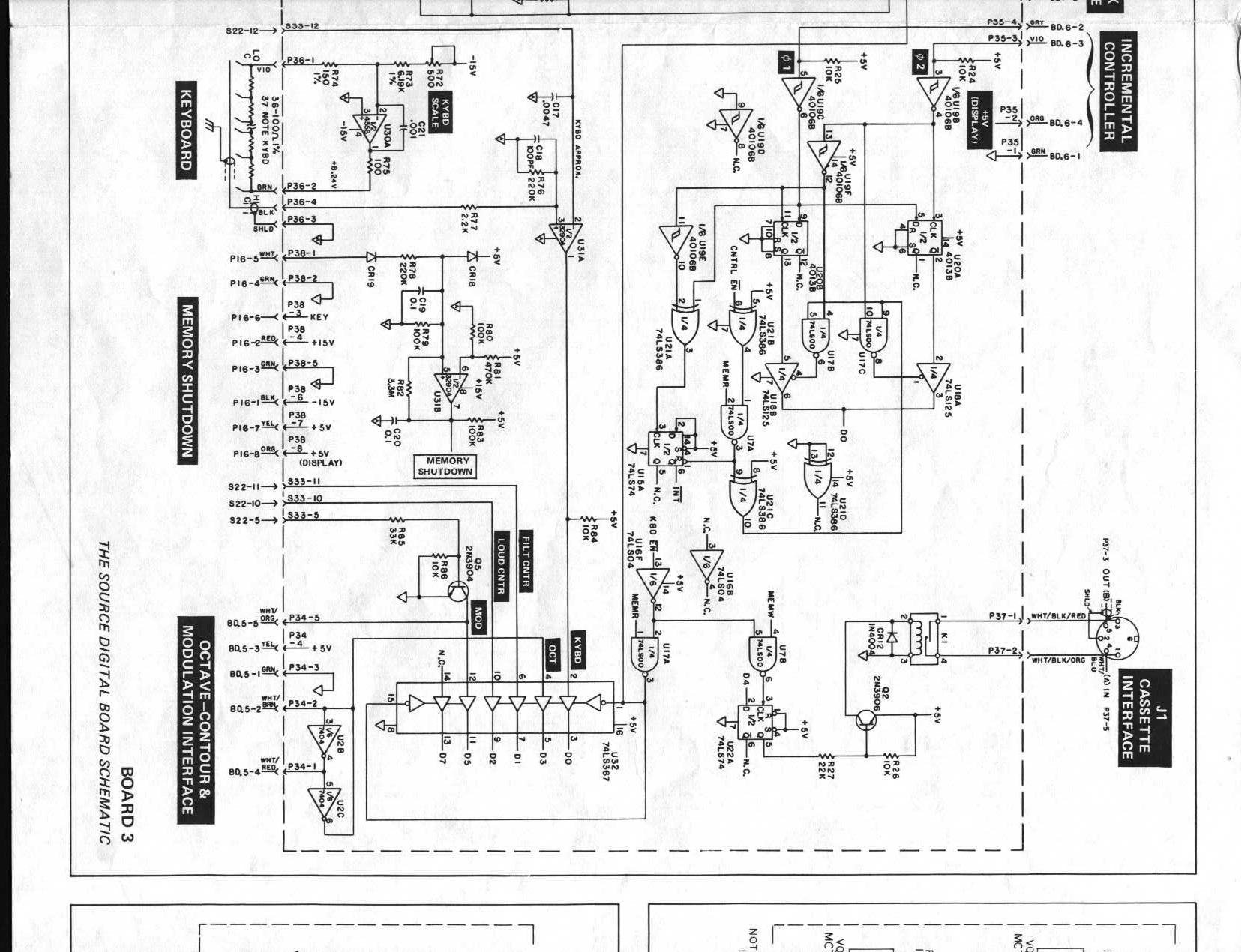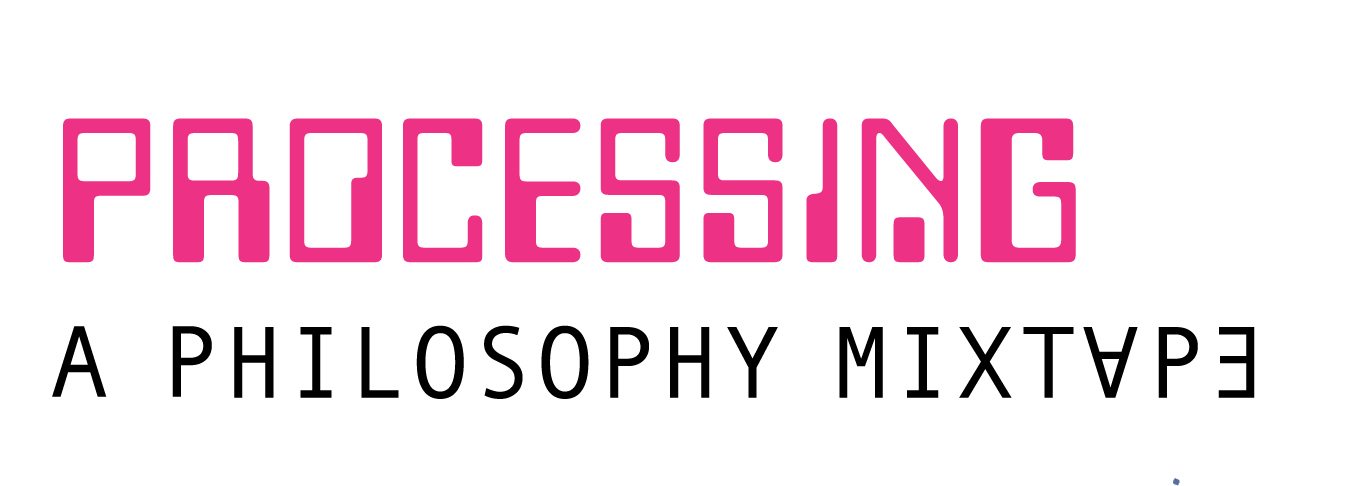
SIDE A: Knowledge and reality
We explore a classic philosophical question: do we really know anything? Tamar Gendler discusses why this question is harder to answer than one might think, as a proper answer requires a theory about the connection between understanding and reality. David Chalmers has a theory like that. He uses it to argue that even if we are living in a wide-scale computer simulation, there is no threat to our knowledge and the meaningfulness of our lives. Grace Helton isn’t convinced. To make her case, she draws a distinction between two kinds of knowledge, knowledge of the external world and knowledge of other minds. She argues that knowledge of other minds is much more important and Chalmers’ gives us little reason to think we can have such knowledge on the basis of his theory. Martha Nussbaum closes with what Aristotle would say about all of this.
Individual Tracks
1. Hello
2. A certain kind of puzzlement, featuring Micheal Dummett and Tamar Gendler
3. Simulated world, featuring David Chalmers
4. A presentation of The Institute of the Mechanical Surround
5. Knowledge and reality, featuring Grace Helton
6. Aristotle would have two things to say about that, featuring Martha Nussbaum
SIDE B: Manipulative Expression
Fake news, echo chambers, propaganda…you know the story: manipulation is here, there, everywhere. Through this manipulation, we can end up believing what we want to be true rather than what really is true. But maybe believing what you want to be true isn’t so bad? You’d be happier in many ways. Isn’t that a good reason for believing? Bertrand Russell says it’s not. Luvell Anderson inquires into the nature of propaganda. He argues that many leading theories of propaganda don’t get it right. Luvell thinks we should focus on propaganda’s effects on the imagination. He pushes for an understanding of propaganda as a manipulative force that impacts our capacity to imagine possibilities. Noam Chomsky and Harry Frankfurt close with a duet on lying and bullshit, with Frankfurt warning us that bullshit is more destructive to the value of truth than lying.
Individual Tracks
1. The possibilities are endless
2. I don’t think that’s right, featuring Betrand Russell
3. This is processing
4. Manipulative expression, featuring Luvell Anderson
5. Indifference to truth, featuring Noam Chomsky and Harry Frankfurt
SIDE 3: Real freaked out
We are very happy to announce our partnership with TACT, a dating service where computers make connections and you live with the results. Katie Elliot thinks that we shouldn’t be so happy with computers making connections. She considers standard worries about AI and argues that they aren’t that worrisome. But Katie is still real freaked out about AI. Her reasons require us to think more deeply about correlation and causation, and how that difference matters when making decisions. AI is all about correlation. But making decisions on the basis of correlation can be unjust in all sorts of ways. We close with a worry about becoming obsolete, an important mathematical theorem, a drop from Maeva, and a meditation from Max Black on the irony of searching for something you know you have no hope of finding.
Individual Tracks
1. A word from our sponsor
2. Generation of the station id
3. Real freaked out, featuring Katie Elliott
4. So was born the computer, featuring incompleteness
5. Welcome back to my channel
6. My philosophy, featuring Max Black
SIDE 4: The open future
Kelvin Trinsel returns! Iris Murdoch sets forth a vision of philosophy as the imposition of form on the formless. Joshua Habgood-Coote considers how both critics and proponents of technology use science fiction narratives to make sense of our unfolding technological future. He points out that this often results in a game of trading between utopias and dystopias. Joshua thinks we should reject this game: science fiction is a poor guide to predicting the future. Moreover, we shouldn’t think of science fiction writers as trying to predict the future, as this distorts the real value of the genre. Arthur C. Clarke thinks of predicting the future as a discouraging and hazardous occupation. He also is happy to be a stepping stone to computer brains. Bertrand Russell returns, though the voice of Amber Mann, to let us know about the value of philosophy. And that leaves us to think about the results of the processing system proper.
Individual Tracks
1. Trinsel returns
2. The imposition of form, featuring Iris Murdoch
3. The open future, featuring Joshua Habgood-Coote
4. A discouraging and hazardous occupation, featuring Arthur C. Clarke
5. Russell on the value of philosophy, featuring Amber Mann
6. Results of the processing system proper
7. Acknowledgement

